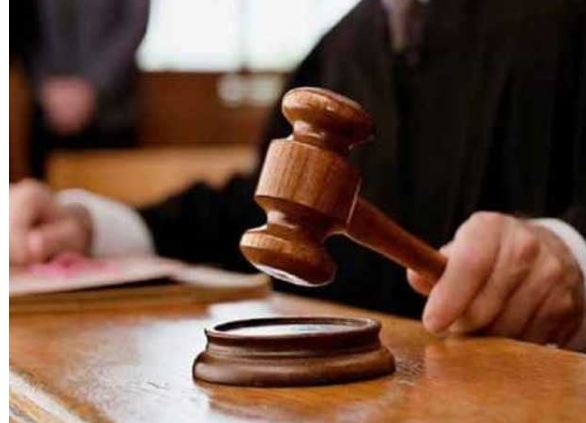Canada (Web News) The caretaker government has decided to end the jurisdiction of the High Courts to speed up the process of privatization of government institutions.
The caretaker government has decided to bring a Presidential Ordinance to speed up the process of privatization of public sector enterprises under which a special tribunal will be set up to hear all cases of privatization and in this context the jurisdiction of the High Courts will be constitutionally extended. will be terminated. An appeal can be filed in the Supreme Court within 60 days against the decisions of the Special Tribunal. The caretaker government has taken this important decision a month after the PIA privatization case was scheduled for hearing in the Lahore High Court.
Justice Raheel Kamran Shaikh of Lahore High Court remarked in this matter that this matter is of public interest which is related to the constitutional jurisdiction. In this case, the petitioner had taken the stand that privatization of PIA does not come under the jurisdiction of caretaker government. The powers of caretaker government are limited. Jurisdiction of High Courts cannot be taken away under Article 199 of the Constitution.
The caretaker federal cabinet has approved the draft Privatization Commission Ordinance 2023 in this regard, the President can issue this ordinance at any time. Afraid of legal proceedings in various forums and not investing in the country. Under the new law, there will be only one legal forum to deal with privatization cases and an appeal can only be filed in the Supreme Court.
It should be noted that the privatization of PIA is the first priority of Fawad Hasan Fawad and the caretaker government has also entrusted the powers of chairing the meetings of the Cabinet Committee on Privatization to Fawad Hasan Fawad from Finance Minister Dr. Shamshad Akhtar. The government also ignored the international bidding process to hire financial consultants.
The Caretaker Federal Cabinet has amended Section 28 of the Privatization Ordinance 2000 under which High Courts can hear civil and criminal cases related to privatization transactions. Now, under the new ad hoc law, no court except the Privatization Appellate Tribunal can hear such cases. The duration of this Ordinance will be 120 days and the National Assembly can extend it for another 120 days.
Regarding the new law, constitutional expert Salman Akram Raja said that after the implementation of this law, the high courts will be asked not to hear such cases because there is an alternative forum for them. Federal Privatization Minister Fawad Hasan Fawad. It is said that the Privatization Appellate Tribunal will consist of three members headed by a person who has been a judge of the Supreme Court or High Court, the rest of the members will be a judicial member and a technical member. . An appeal can be filed in the Supreme Court.
Fawad Hasan Fawad says that some cases of privatization in the country have been pending for the last 30 years, in which the investor has paid the full amount, but he is not being given ownership rights. Ownership rights. But they are not making the required payments to the commission. The establishment of the new tribunal will speed up the disposal of such cases, which have been pending for decades.
The question arises that since the year 2000, the government has been making ad hoc legislation regarding effective laws, based on the effective delay of these matters, the government may face legal challenges. Explaining this, the Federal Minister of Privatization He said that under Section 230 of the Election Act, 2017, the Caretaker Government is empowered to take decisions on matters already initiated under the Privatization Commission Ordinance 2000 with bilateral or multilateral agreements.
The Tribunal shall have powers to issue summons to any person, to ensure attendance, to obtain required documents, to take affidavits and to appoint commissions to investigate available documents. As soon as the new law comes into force, such cases pending in the High Court will be transferred to the Tribunal.


